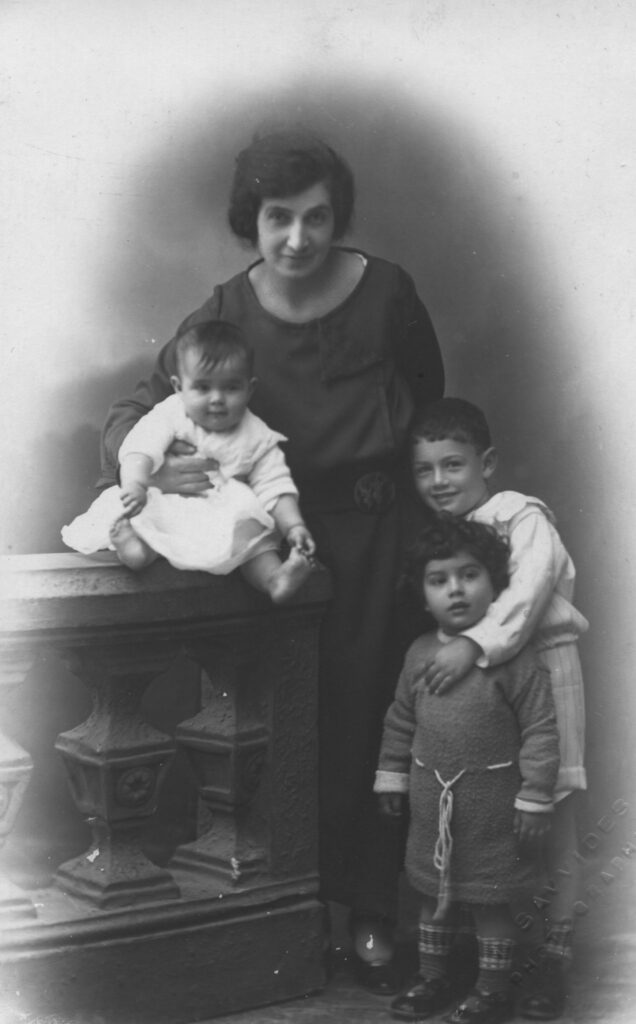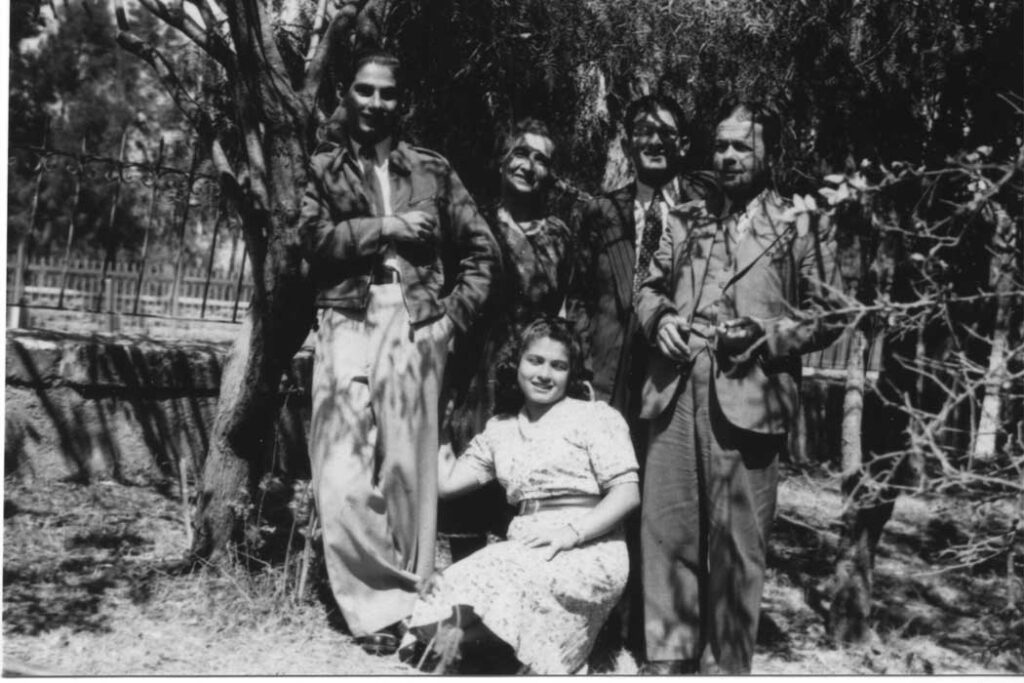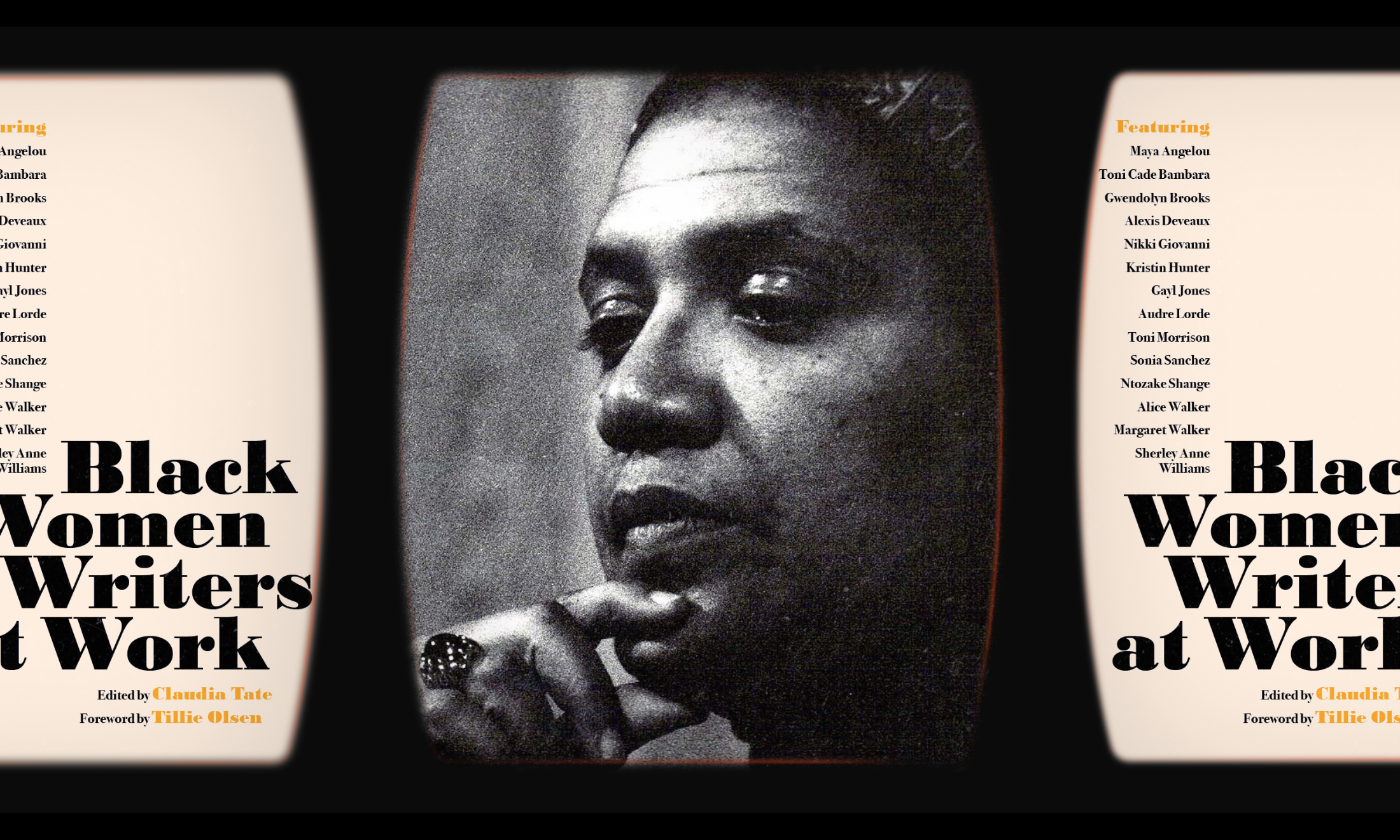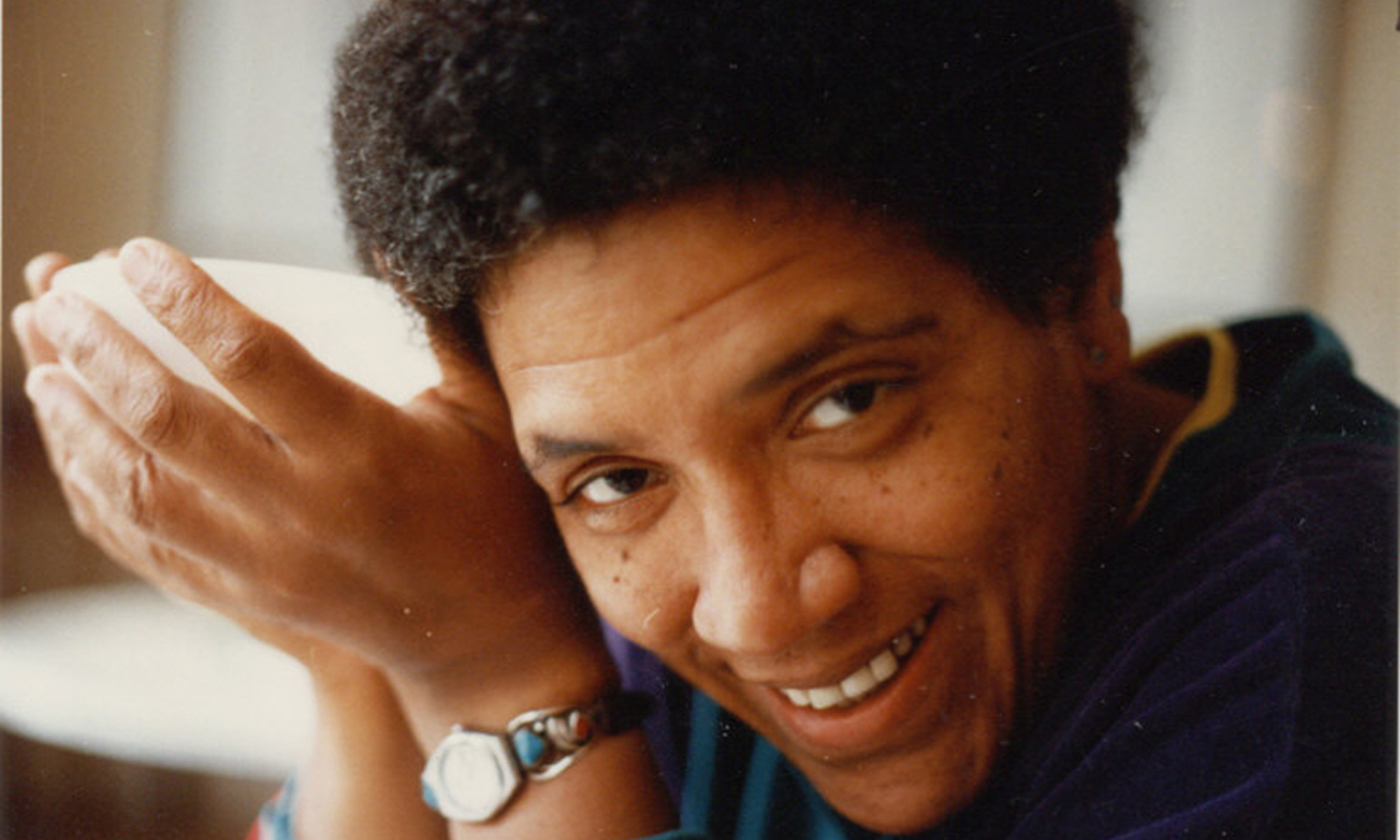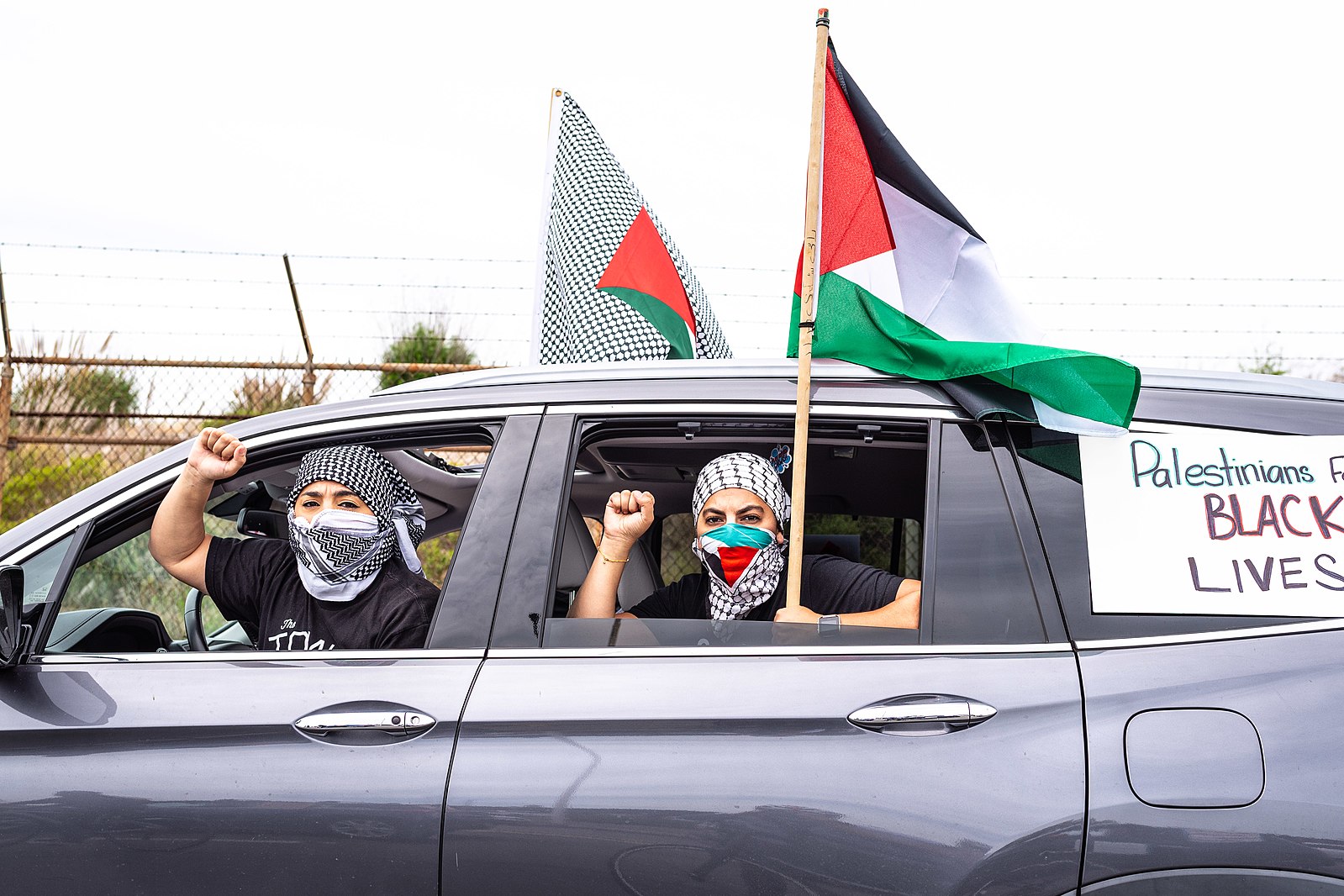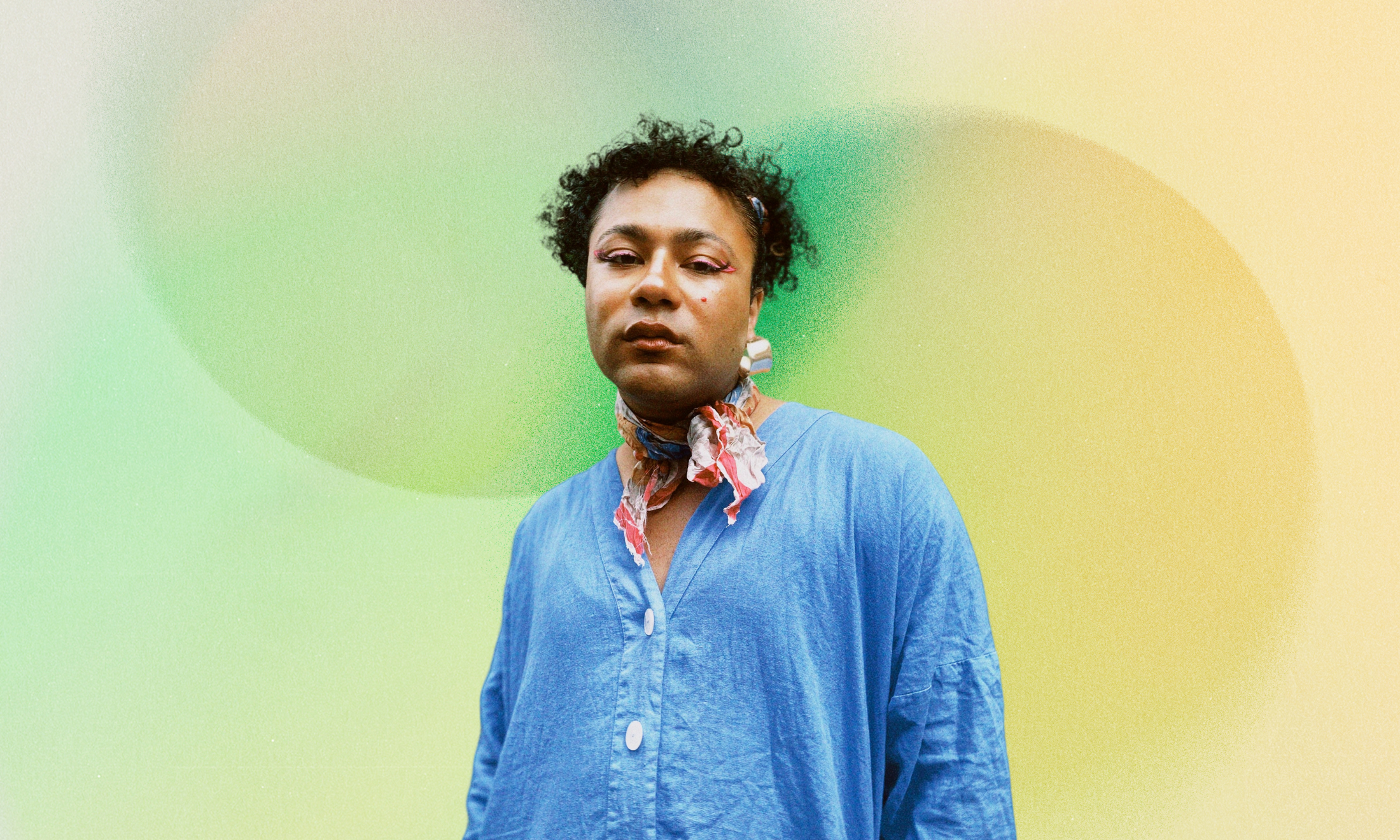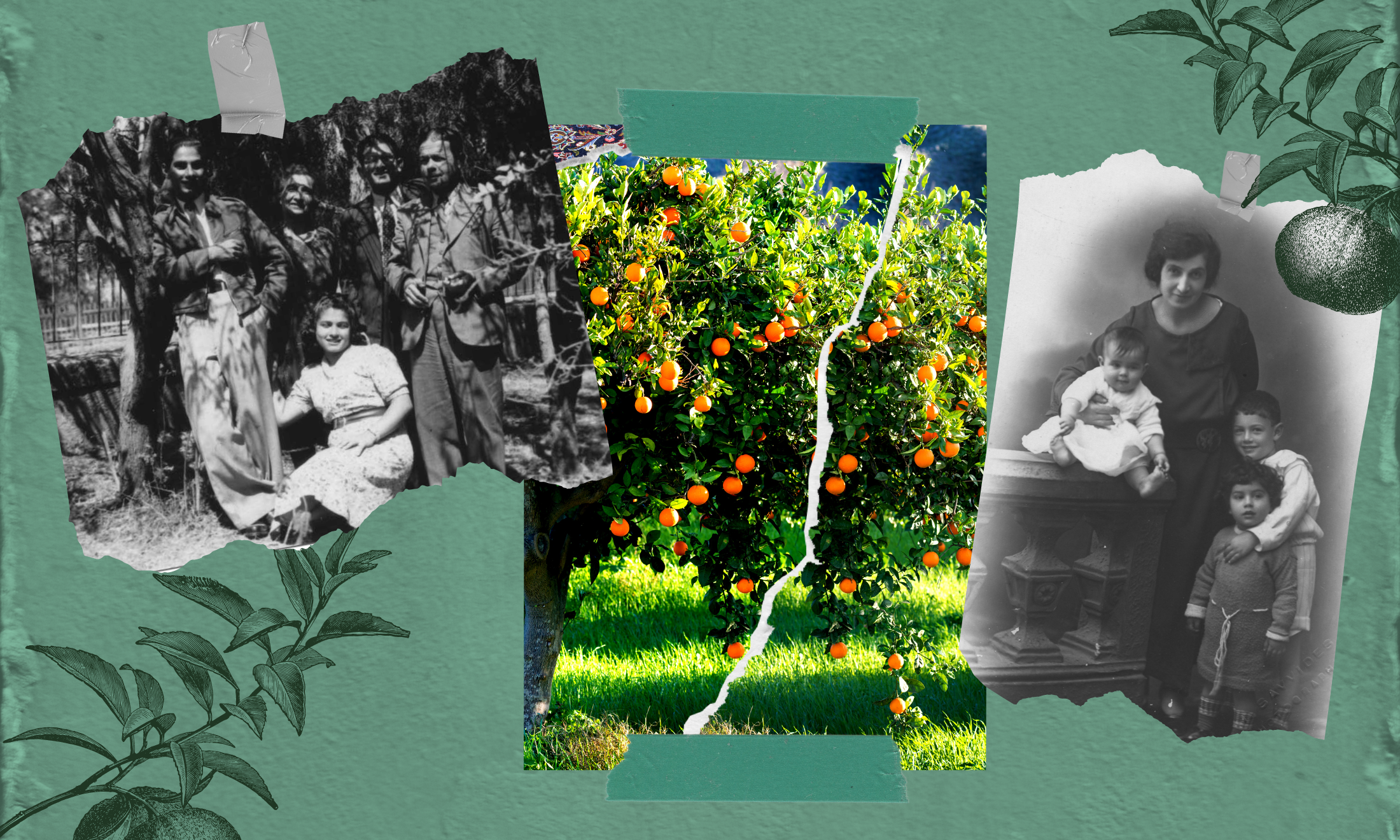
Mona Hajjar Halaby and Canva
I travelled to Palestine to find my mother’s orange tree
Returning to my mother's home in Palestine unlocked a lifetime of memories.
Mona Hajjar Halaby and Editors
05 Aug 2021
All of my life I took in my mother’s stories about her Jerusalem house. Her stories were so robust that listening to them was like inhaling the perfume of an orange the moment you punctured its rind. My sister and I used our imaginations to conjure up images of the games she played with her brothers in the garden, the poetry gatherings and concerts in the living room, the pillow fights at bedtime in their bedroom. That house was our house, too. We loved it, like a member of our family.
Over the years, I made several trips to Jerusalem and many attempts to find my mother’s house. The first attempt came after a visit to Geneva when my mother gave me detailed instructions on how to find her house. “It’s across the street from the railroad tracks,” she had explained. “It’s a two-story duplex. A big orange khosh-khash tree (Arabic for bitter oranges) is growing next to my parents’ bedroom window. Now you go find it, Sweetheart!” Okay, I thought, that should be easy enough. Was I naïve, or what?
With sweaty palms and a racing heart, I rang the doorbell at the gate. No answer. We heard someone sweeping at the side of the house. A woman with a kerchief wrapped around her head greeted us with a friendly smile. She didn’t speak English, only Hebrew. In Hebrew, George described our mission. She explained she was renting a small apartment upstairs, and that the owners of the downstairs house lived in the US most of the year and returned to the house every summer. I asked if there was an orange tree on the back porch. George translated. She smiled broadly and said, “Khosh-khash,” the kind used for making marmalade. I lit up when I heard the word, as that was the exact variety my mother’s family had grown on their back porch. The woman took us upstairs to her kitchen window to view the tree behind the house, but I could barely get a glimpse of it, because a prolific wisteria was covering the back walls.
“That house was our house, too. We loved it, like a member of our family”
She explained that her little upstairs apartment used to be a part of the larger one, which in my mother’s time was rented out to the Nuwayhid family. Ajaj Nuwayhid was a renowned Lebanese Druze lawyer, writer, journalist, translator, public activist, and the Director of the Arabic division of the Palestine Broadcasting Service. He and my grandfather struck up a friendship, as they were both involved in activism, journalism, and broadcasting.
George proposed we continue our investigation by inquiring with the neighbours in the above duplex, who lived on the same landing as the kind woman. We rang the doorbell. Gingerly, a small woman in her fifties with narrow rectangular glasses poised at the tip of her nose opened the door. She had heard us talking to her neighbour on the landing. In impeccable English she welcomed us into her home. I told her my mother used to live downstairs from the 1920s to the 1940s. She explained that she and her husband had bought the house from someone who had bought it from someone else.
“You’re welcome to take a tour of our place. It’s the same layout as your mother’s house below.” I immediately remembered my mother’s description of the layout downstairs—“a big foyer in the middle, the living room on the left, then my parents’ bedroom. On the right, a door to my bedroom and the corridor that leads to the rest of the house.”
The woman took us to the back balcony from which I could clearly see the back porch below and its khosh-khash tree. “From the previous owners we heard that this house was so neglected. And it was a desert all around here, and there were no houses. It was like farmland,” she said. Ah, the convenient rhetoric, I thought. There were no houses around; no one lived here. Therefore, it was okay for us to take it. And look how wonderful we are, we even made the desert bloom!
In that moment I wanted to rip out all the scents and images stored in my memory by my mother and hurl them at her, but I kept calm in the face of what I knew was not true. I was being polite to my hosts, but I quickly retorted that I had photos of my mother’s house from the 1940s, that my mother told me she had many neighbours—the Haddads, Farrahs, Mahshis, Khamis, Fashehs, Aweidahs, Khouris, Kalbians, and Deebs, just to name a few. I added gently, not confrontationally, that it had not been a desert. My mother had an almond tree, a mulberry tree, and apricot tree in the front garden, and pots of jasmine, mint, and basil on the back porch off the kitchen door.
“Oh, yes, we planted jasmine, too,” she offered, as though the fact that we both appreciated jasmine would instantly turn us into the best of friends.
“My mother had an almond tree, a mulberry tree, and apricot tree in the front garden, and pots of jasmine, mint, and basil on the back porch off the kitchen door”
A middle-aged man, presumably her husband, descended from an art studio in the attic. He was tall and skinny with a sharp, angular jaw. He wiped his paint-stained hands on a rag. Quickly the tone changed from a language of gardens, plants, and interior design to the practical world of real estate. “Who were the owners of the house? Arabs? Germans?” he asked with a touch of defensiveness. He was careful not to use a pronoun to modify house; it was always the house, as though it were a neutral commodity, not a dearly beloved possession.
“It was built and owned by an Arab Palestinian from Bethlehem,” I said.
“Every time we have a minor earthquake, the house sways a bit,” said the woman with a shrug. Her husband added they were due for a big one in the next fifty years. It’s the spirits of all the past owners and not the tectonic plates that will one day make the earth rumble, because those spirits are alive in their houses, and are intertwined in the wrought-iron fences, cast in the stone wall and balconies.
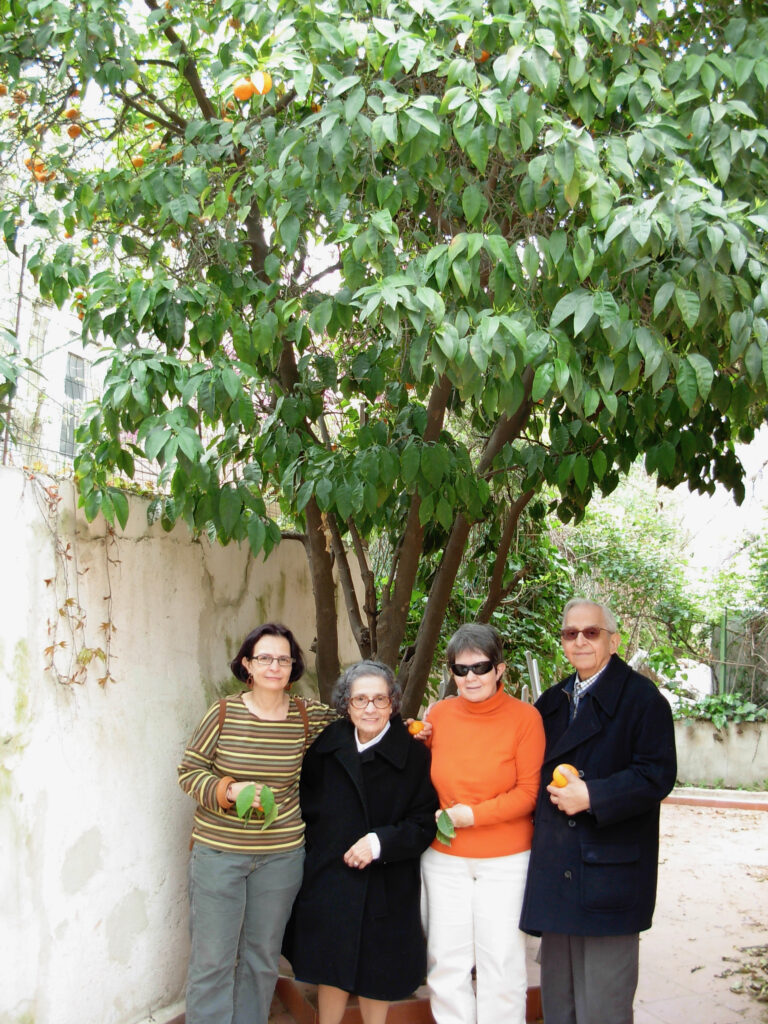
He informed us there had been a fire right after 1948. Everything had burned. What a fitting explanation! No one has to feel responsible for the material things that have disappeared—my mother’s chest of drawers, my grandfather’s bookcases containing his rare, old, leather-bound books, and the dining room buffet filled with French Limoges porcelain plates and English sterling silverware transported back by ship by my great-grandfather, who traveled regularly to Europe for business.
“Then North Africans moved in,” he added with a wince. “And then the house was in terrible disrepair.” We’re not responsible. Let’s accuse the North Africans; they’re close enough to Arabs. Don’t blame us, we didn’t steal it from your family; we’re not the ones who damaged it.
But then, he surprised me with a kind gesture. “Would you like to see the garden?” The owners of my mother’s house had left him with a key. The moment I stepped into the garden, I felt a rush of emotions — I, who had wanted to hold every feeling inside, everything hermetic, all sealed up. I furiously batted my eyelids to contain the tears lest they slid down my face. The front lawn was replaced by large sandstone pavers, but the mulberry tree and almond tree were still there. I saw them as monuments from the past, silent gravestone headings, marking the land with its history.
“When I noticed it, I approached it with reverence, the way you approach a king or a pope. I ran my hand on its trunk and gnarled branches, and picked a leaf, which I folded in half, letting its fragrance emanate”
I asked about the blue shutters. “Did you paint them blue? My mother had told me they used to be green.” The colors here are politically charged. Green is the color associated with Islam, and blue with the Israeli flag.
“Oh, we don’t know. The fire had damaged everything. We painted them blue,” he replied.
“Did you know there was a water well somewhere here?” the woman asked vaguely.
“Yes, it was right there.” I pointed to the exact spot on the back porch where an old metal Ottoman pothole covered a hole in the patio.
Being absorbed by the pothole, I didn’t immediately realise that we were standing in the shade of my mother’s legendary orange tree. But when I noticed it, I approached it with reverence, the way you approach a king or a pope. I ran my hand on its trunk and gnarled branches, and picked a leaf, which I folded in half, letting its fragrance emanate. Its perfume unlocked memories I inherited from my mother, dormant inside me.
This edited extract was taken from In My Mother’s Footsteps: A Palestinian Refugee Returns Home, published by Thread out on 5th August 2021. Order now.

